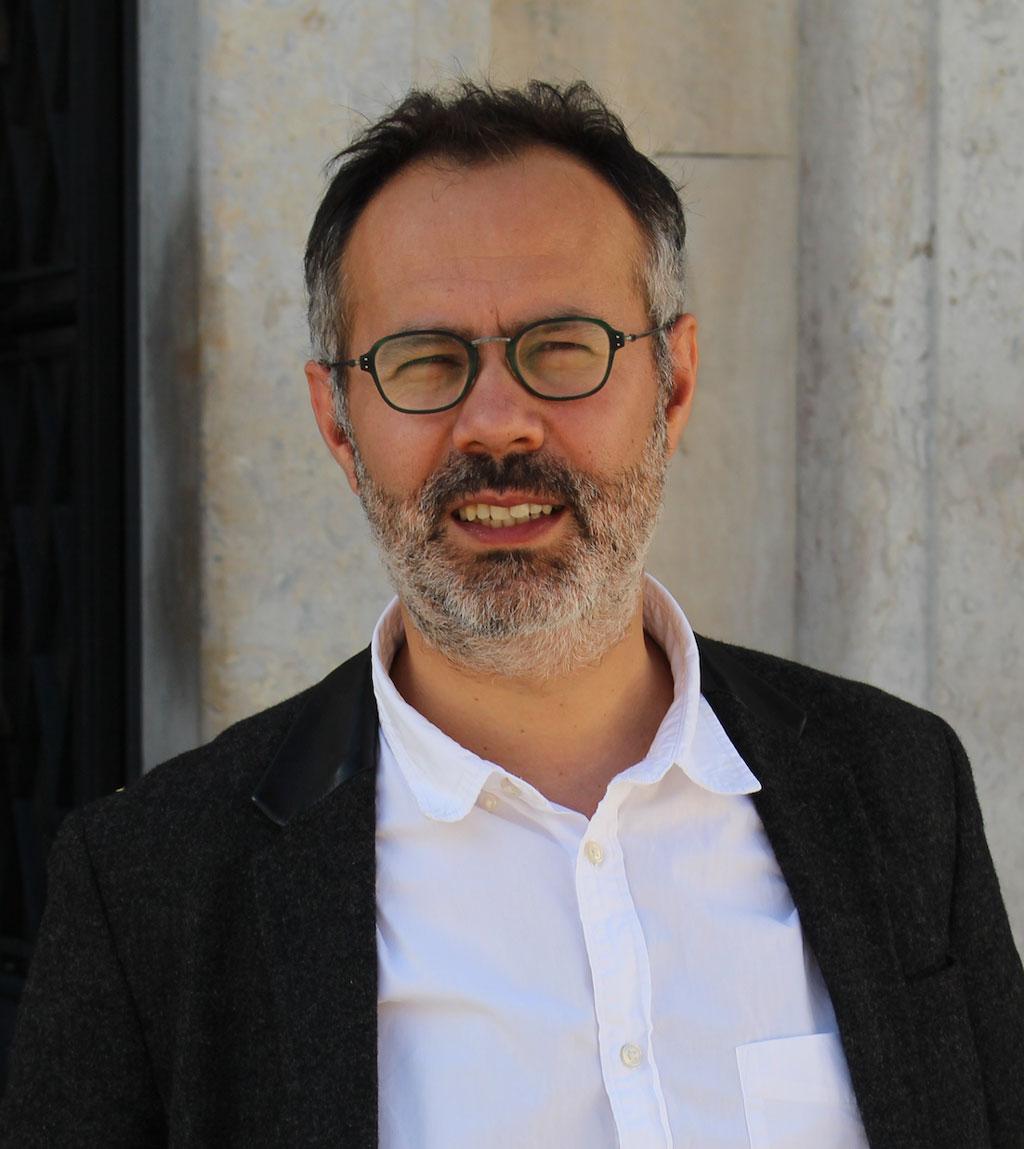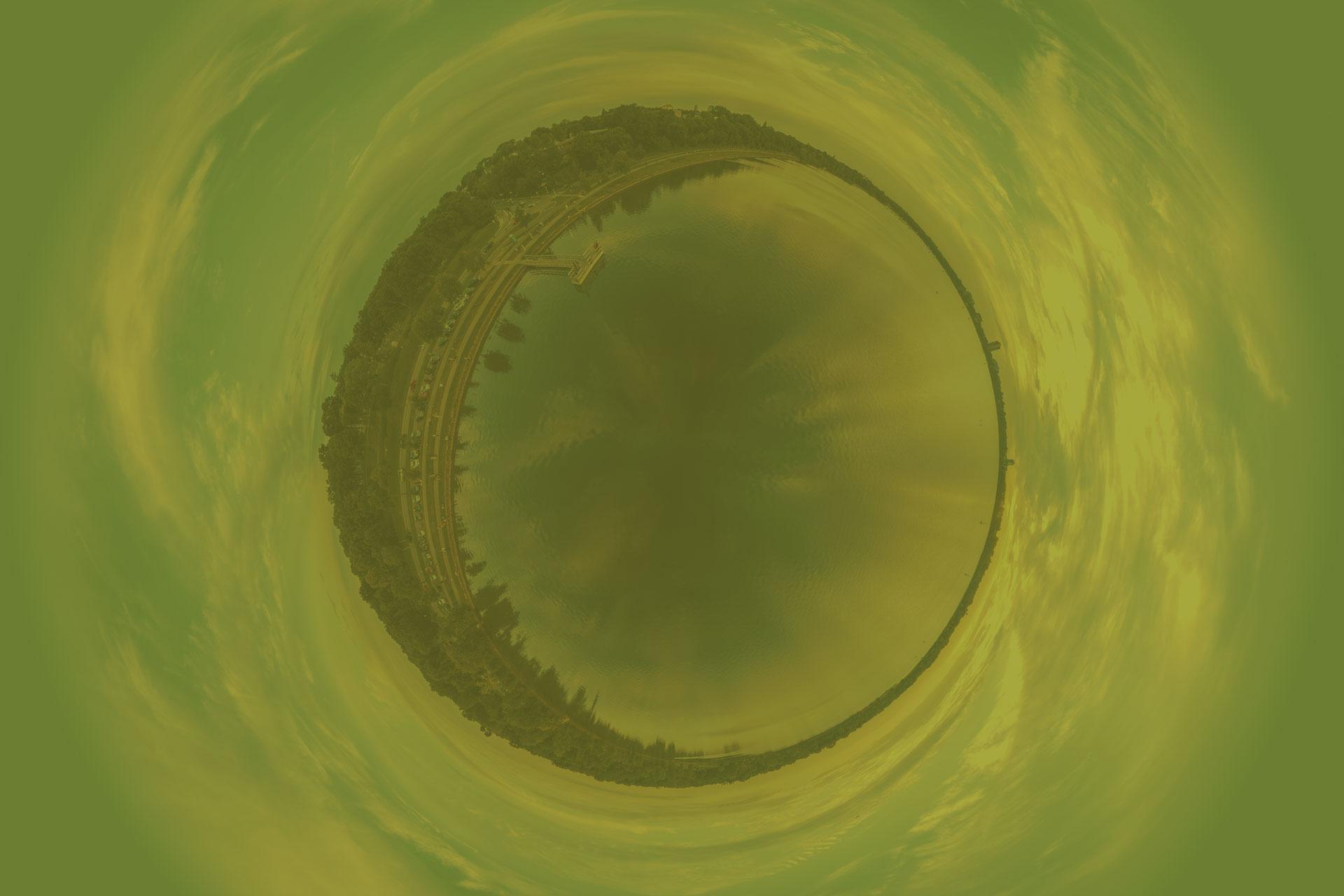This research cluster draws on anthropological perspectives to develop new critical approaches to contemporary issues lying at the intersection between technoscience, society, and environment. The cluster brings together researchers from multiple areas in the humanities and the social sciences including anthropology, STS, history, architecture, sociology, cultural studies, and environmental humanities. Encouraging the cross-fertilization of different disciplinary traditions, the cluster fosters the development of multidisciplinary and collaborative research projects focusing on a wide range of topics related to the growing centrality of science and technology in contemporary societies in the Anthropocene, the current epoch of increasing environmental and climatic disruptions caused by human activities.
The term “technoscience” refers to the increasing interwovenness of science and technology in the governance of everyday life in the contemporary world. There are today few aspects of everyday life that are not affected by technoscientific developments in artificial intelligence, computer science, genetic medicine, environmental engineering, and urban planning, among others. These developments are usually presented as solutions to existing problems, but they often end up creating new problems and generating new uncertainties and anxieties. Making sense of these tensions requires challenging deeply entrenched ideas about the neutrality and the autonomy of science and technology, drawing attention to the social, political and ethical dimensions of scientific and technological developments. This focus on the interplay between technoscience, on the one hand, and society and politics, on the other, is relevant to develop a deeper understanding of the fabric of contemporary societies, including the civilizational challenges raised by the current conjuncture of anthropogenic climatic and environmental disruptions.
One of the major goals of this cluster is to foster critical multi-disciplinary research on the structures of inequality shaping contemporary experiences of climatic breakdown and environmental degradation, and that includes a focus on movements and struggles of environmental resilience, adaptation, and justice in different parts of the world. Another important goal of the cluster is to promote the development of multispecies perspectives. The cluster is critical of modernist ideologies of economic development based on anthropocentric visions of endless growth, situating the foundations of the modern world in a larger context of shared ecologies and multispecies interdependencies. At the same time, the cluster has a strong transnational component that brings together researchers and students working in different parts of the world, North and South, East and West, highlighting the need to question the centrality of Northern academic discourses. This transnational perspective places the cluster in a better position to question prevailing assumptions and to explore new conceptualizations and new ways of imagining the future. The cluster also seeks to contribute to a better public understanding of contemporary intersections between technoscience, society, and environment, promoting public debates and engaging in community initiatives with partners and institutions outside academia. In this new collaborative paradigm of knowledge production, there is space for more horizontal and inclusive debates with multiple stakeholders, including lay citizens and non-human actors, and these conversations open the way for more participatory models of public reflection and policymaking.




